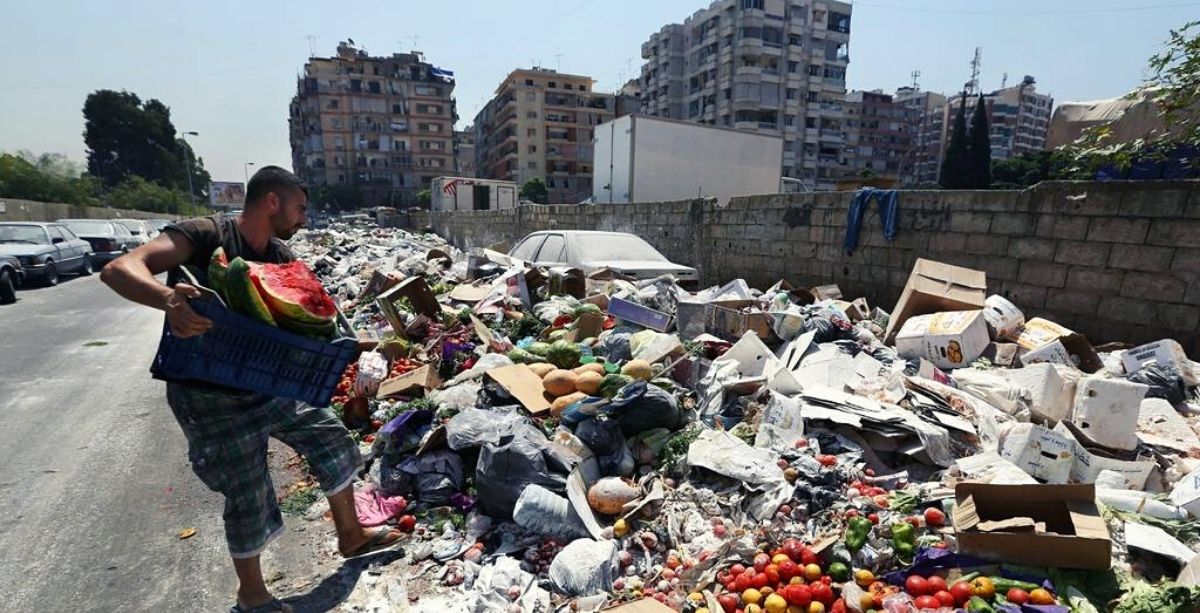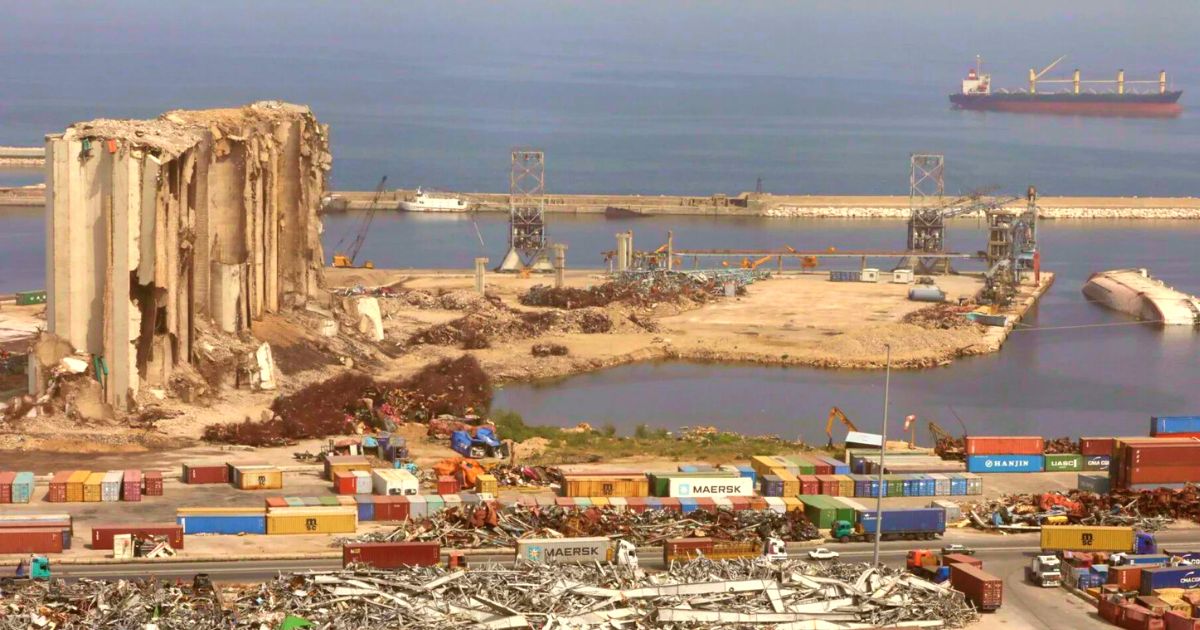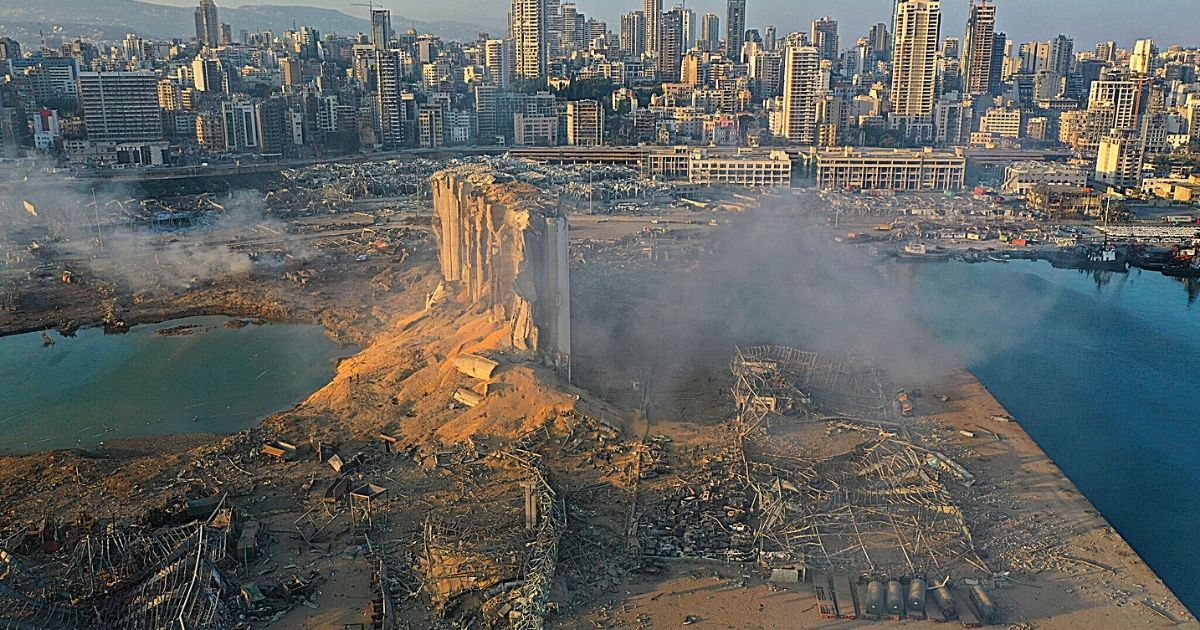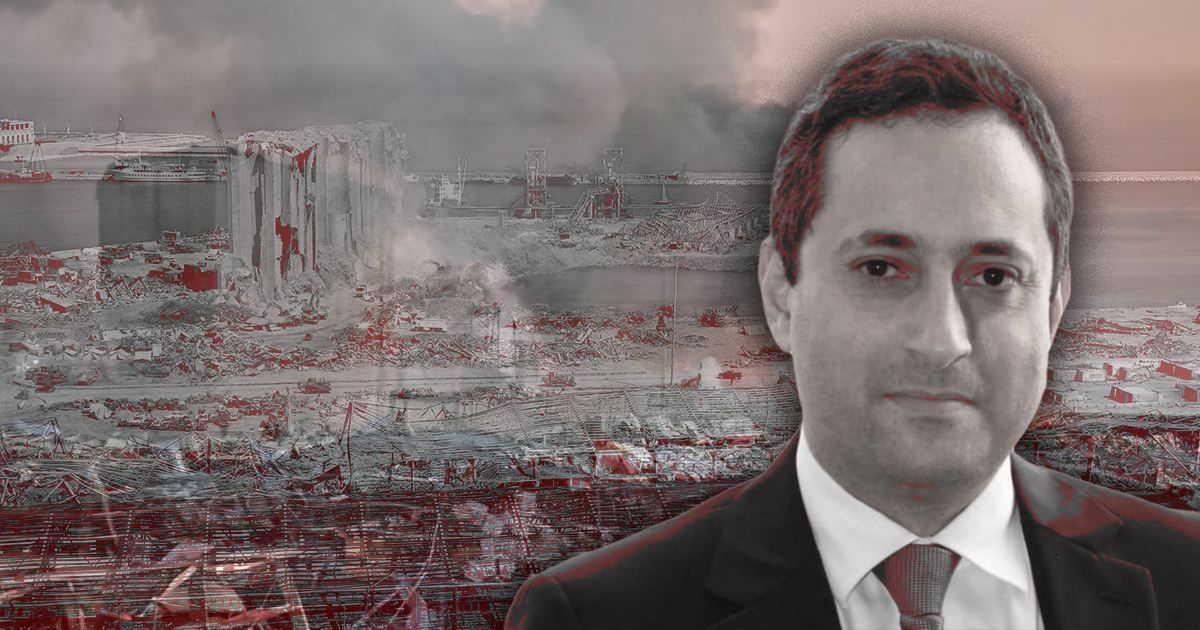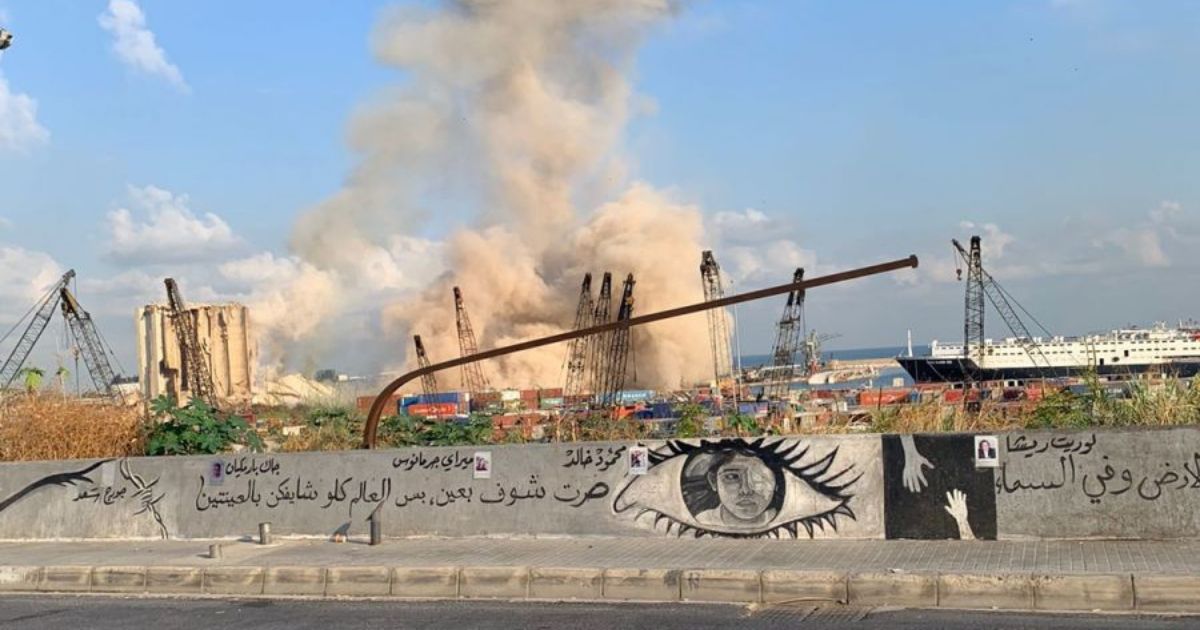In 2015, Lebanon witnessed massive protests in reaction to a terrible waste crisis. The streets were filled up with trash due to the government’s failure to come up with an effective waste management strategy.
5 years later, today, the country appears to be heading toward a repeat of the foul scenes that dominated the “You Stink!” period.
Since the civil war ended, Lebanon has had a volatile and unreliable waste management system that has not been developed over the past couple of decades.
The unruly scene of garbage filling the streets has recurred several times over the past few years, generally for the same reason: the government closing down landfills without securing an environmentally-friendly alternative.
But the government has to face a much bigger challenge today. The devastating Beirut Port explosion left tons upon tons of rubble and debris lying around, putting immense pressure on waste management.
To make matters worse, the explosion even damaged important sites for sorting, recycling, and composting waste, in addition to a number of garbage trucks.
This dealt a serious hit to Lebanon’s readily-incompetent waste management infrastructure, but there’s more.
The landfill in Bourj Hammoud/Jdeideh, which is one of the primary landfills for Beirut, has reached its capacity limit and is set to shut down this month.
Notably, the explosion has caused an estimated $20-$25 million of loss to the environment sector, which includes the waste management infrastructure.
Together, these untimely factors threaten a new trash crisis in the country that is going through all sorts of weighty crises as is.
To address the urgent issue, President Michel Aoun held a meeting on Monday with caretaker Prime Minister Hassan Diab and Environment Minister Damianos Kattar.
According to LBCI, one of the proposed measures that came out of this meeting was the expansion of the Bourj Hammoud/Jdeide Landfill to temporarily raise its maximum capacity.
While the government continues to invoke patchy solutions to major problems, such as the looming waste crisis, the Lebanese continue to suffer the consequences of a more dangerous “waste” crisis: the wasting of public funds.
